John Keegan was lecturing at the Smithsonian Institution in Washington, DC, recently and I had the good fortune to meet him. John Keegan, of course, is the British military historian, now author of about 20 books, some of the best known being The Face of Battle, Six Armies in Normandy, The Mask of Command, and A History of Warfare. He was in the United States promoting his new book, Intelligence in War.
Keegan was too young for World War II, and a bout with polio in his teenage years disqualified him from military service thereafter. But he was a keen observer of affairs military during his early years (he was 10 years old on D-day) in the southern English countryside, watching aerial dogfights and later the gathering forces of the Allies in preparation for the invasion of France. By the time he was studying at Oxford after the war he was keenly interested in military history. Indeed, he has made a career of it, first lecturing on military history at the Royal Military Academy at Sandhurst, then writing about military history in books and as military correspondent of the London Daily Telegraph.
Sir John is an affable man with a ready smile and a quick wit, but these alone would not have made him successful in his field. A writer once quipped that anyone attempting to write a book had better put a surprise or delight on every page or chuck the entire enterprise. Keegan—despite describing events and persons long the subject of scholars, sensationalists, biographers, and others—does just that. He delivers the telling fact, the revealing quote, the astounding statistic that sets great writing apart from good. You think you know Ulysses Grant? Read Keegan’s treatment of the Union general in Mask of Command. Tired of accounts of Midway? Try Keegan’s in Intelligence in War.
It certainly helps that Sir John has knowledge that is exceptionally broad, that he understands Alexander’s campaigns as well as he does Wellington’s and Montgomery’s. Only such a trained and encompassing mind can discover analogies others would miss. These turn up as diamonds within his work as well.
Keegan does not write for the professional military class, but rather for lay readers. And he serves up not mere military history, but human history, because he has seen—like all good military historians—that the latter has been so lamentably striated with the former. The ending of the American Civil War, for example, and the years following had much to do with the kind of man Ulysses Grant was, and that had to do with his upbringing, his military training, and the Mexican War.
I could not allow the interview to end without asking Sir John his own favorite military historians. His reply: On Greek warfare—Victor Davis Hanson, particularly his Western Way of War; on the Renaissance—John Guilmartin, particularly Gunpowder and Galleys; on naval warfare—Peter Padfield. Others he included were N.A.M. Rodger and Andrew Lambert. Keegan also enjoys James McPherson’s books on the American Civil War and he finds indispensable the Dupuy & Dupuy Encyclopedia of Military History. Keegan says that Americans have done especially well on land warfare over the last several decades.
Intelligence in War is vintage Keegan. It relates the stories of Nelson’s pursuit of the French fleet sailing to Egypt in 1798, Stonewall Jackson’s 1862 Valley Campaign, British/German naval duels in 1914, the Wehrmacht invasion of Crete in 1941, the American Navy’s 1942 victory at Midway, the Battle of the Atlantic 1939-1943, and intelligence efforts against German secret weapons. These are followed by assessments of postwar intelligence up to the present day. As usual, Sir John brings an astonishing range of knowledge and a nimble mind to the tellings.
In an age properly lamented for its descent into education by video, John Keegan makes clear that knowledge—even wisdom—is still best won by the written word.
Brooke C. Stoddard
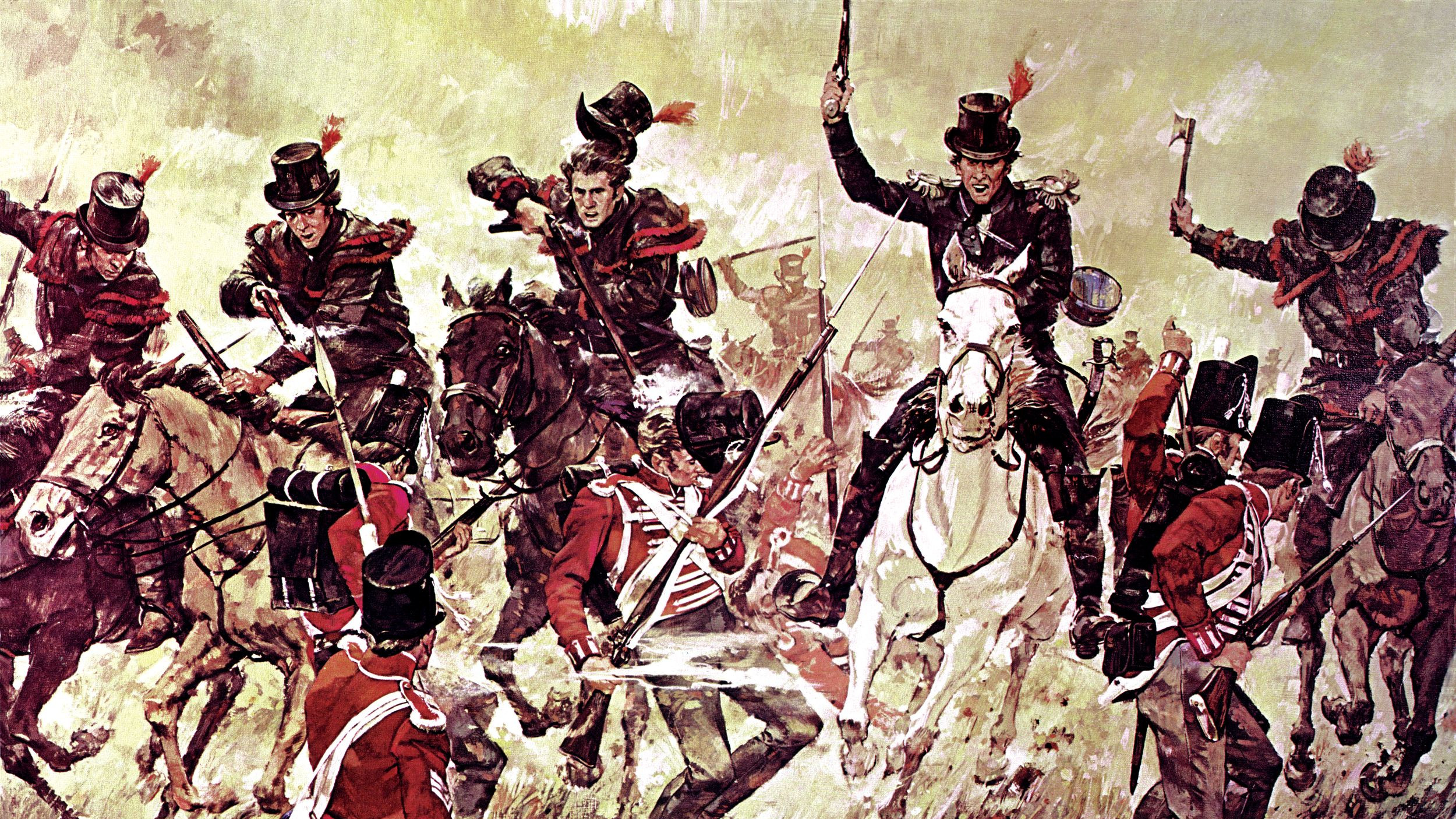
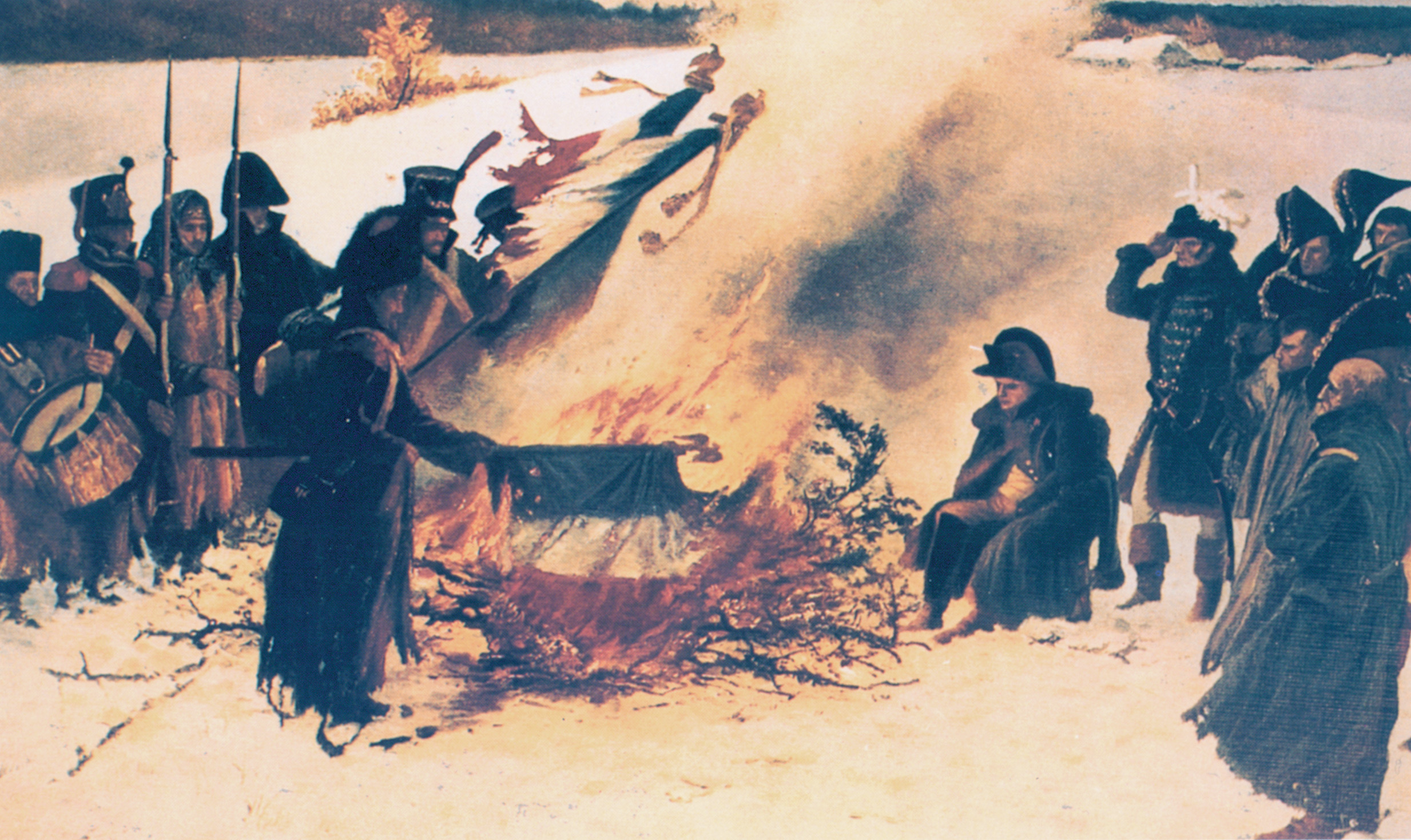
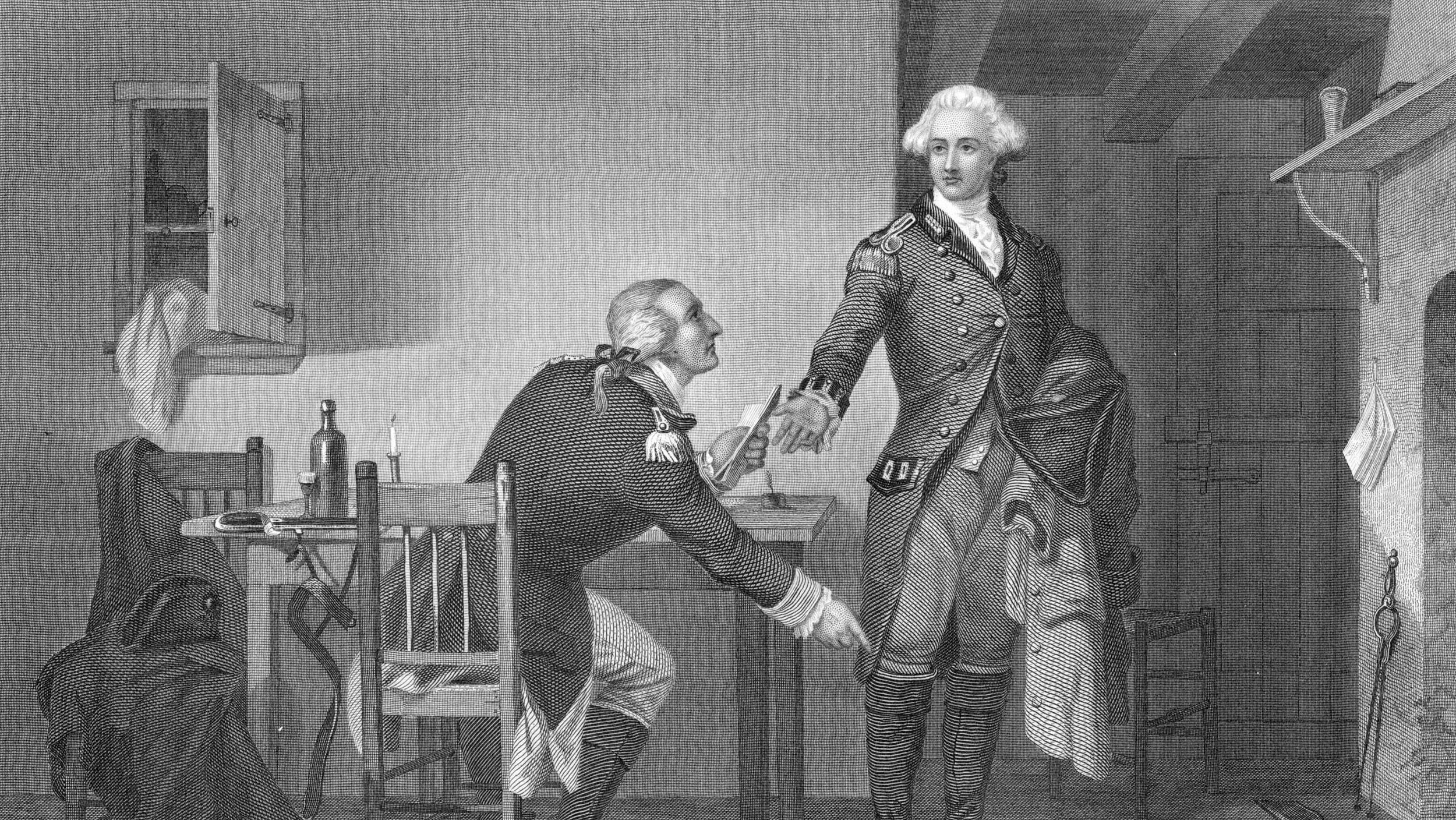
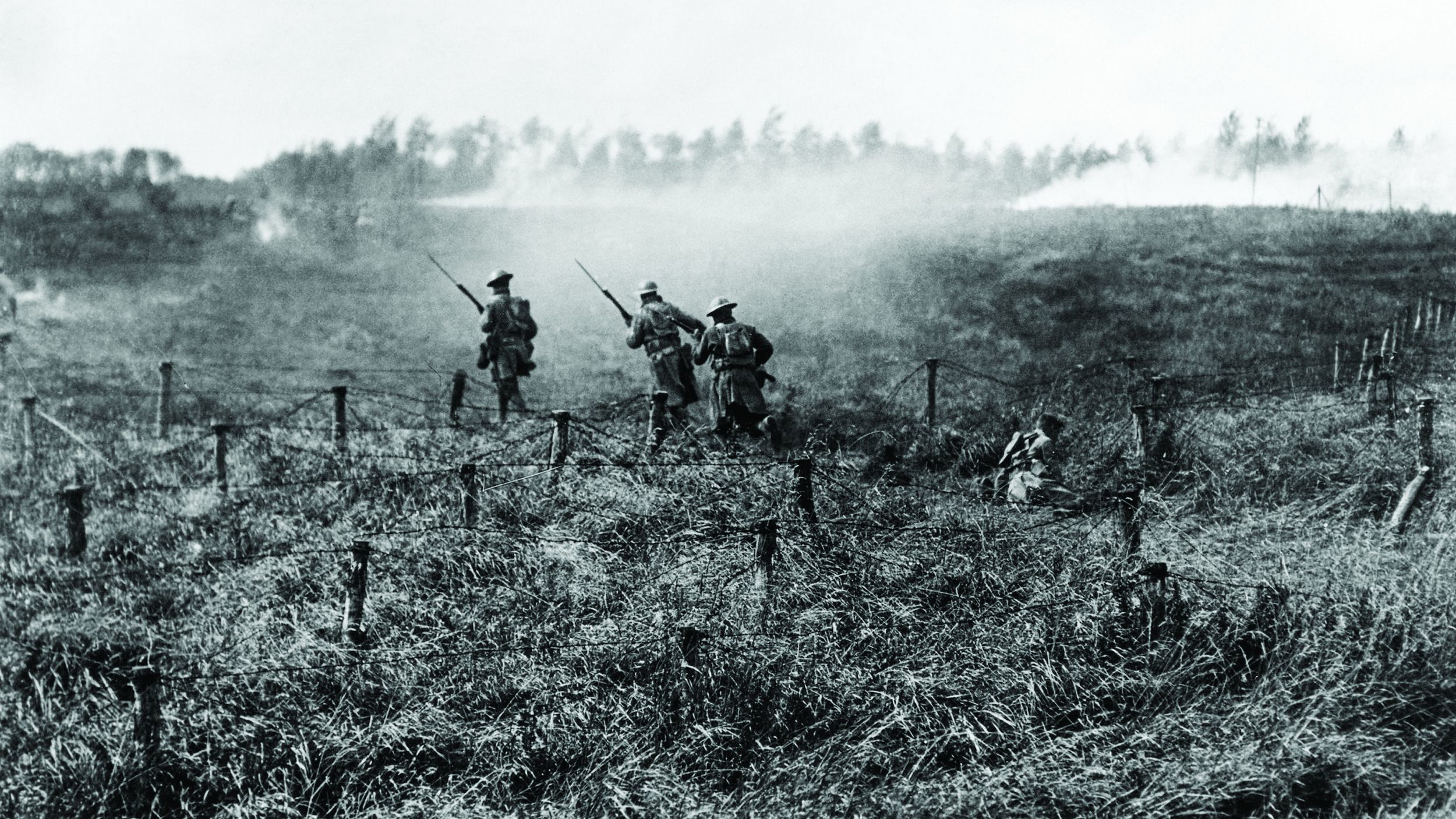
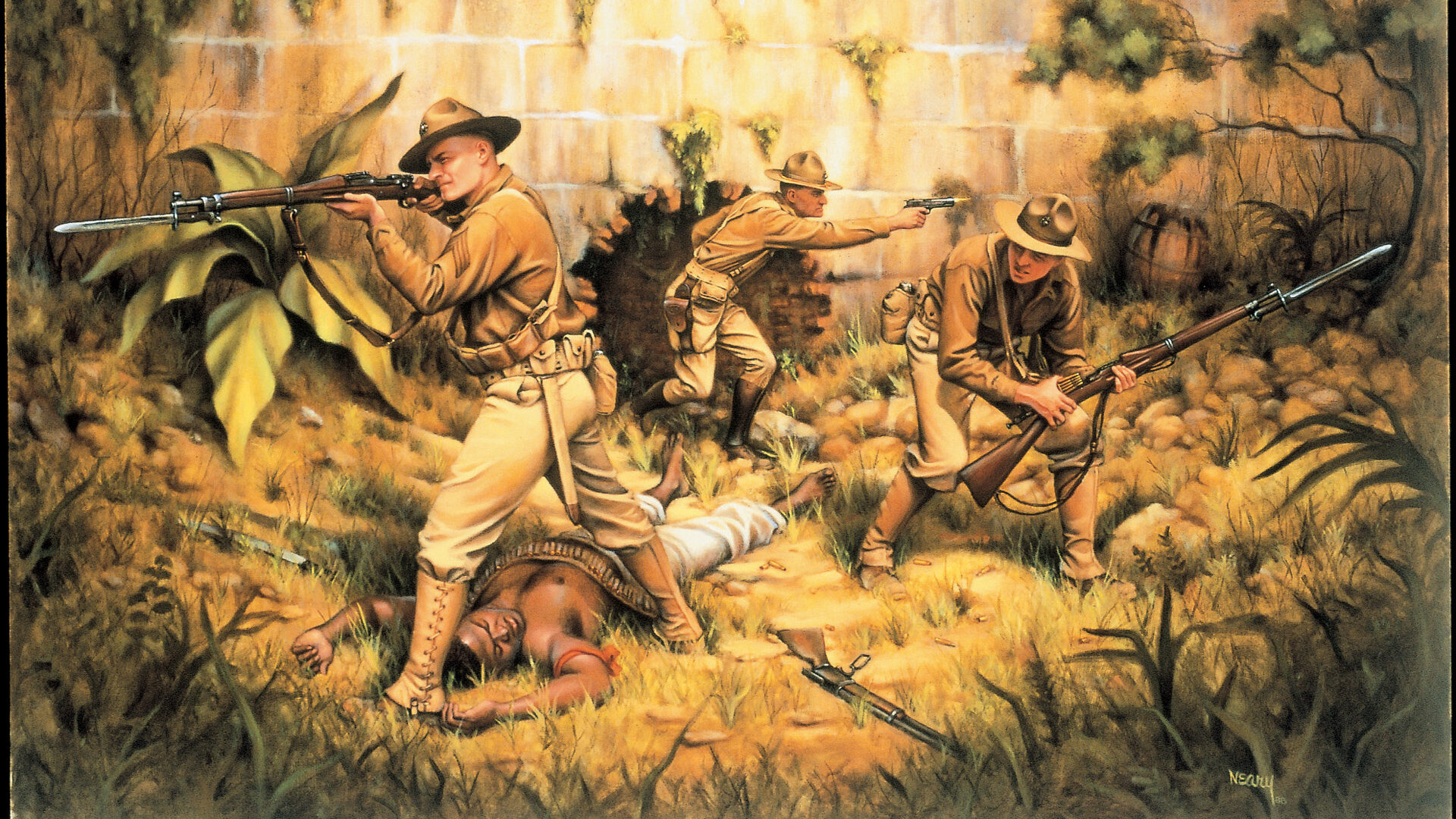
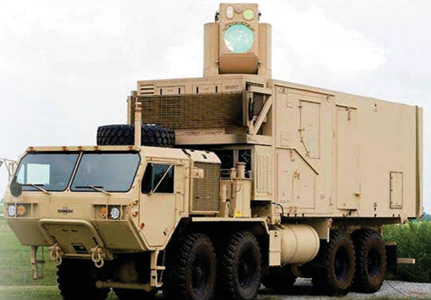
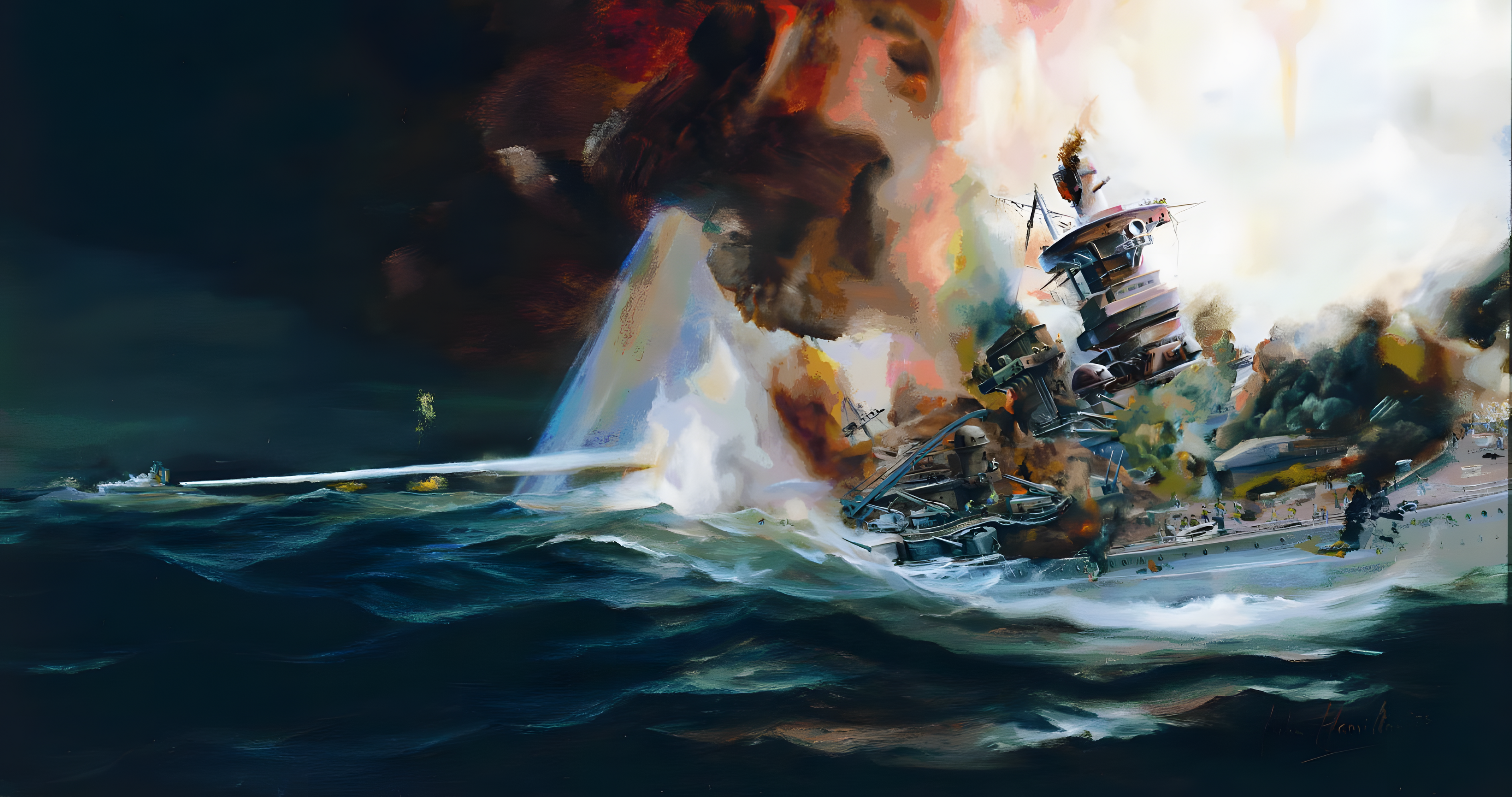
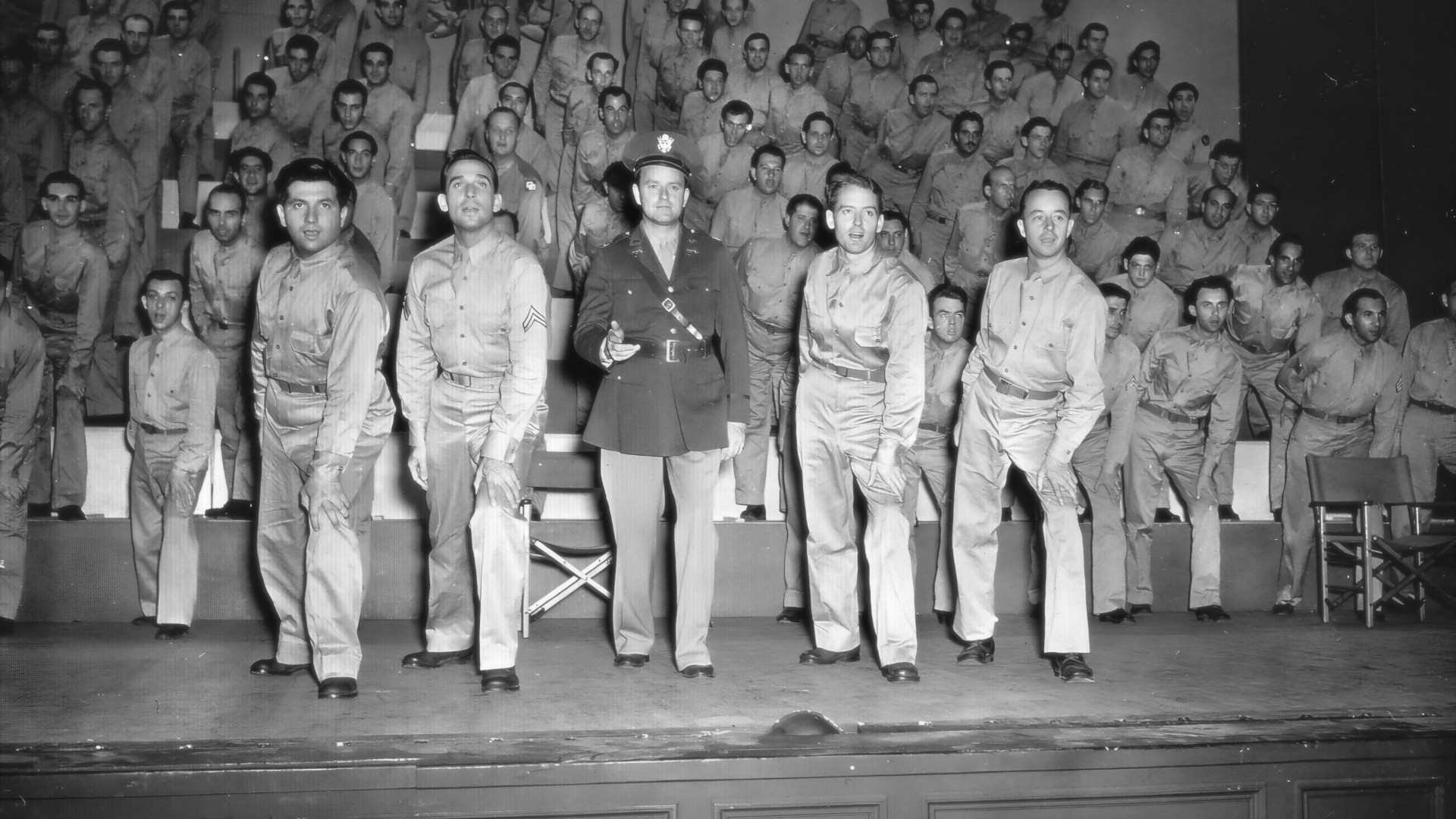
Join The Conversation
Comments
View All Comments